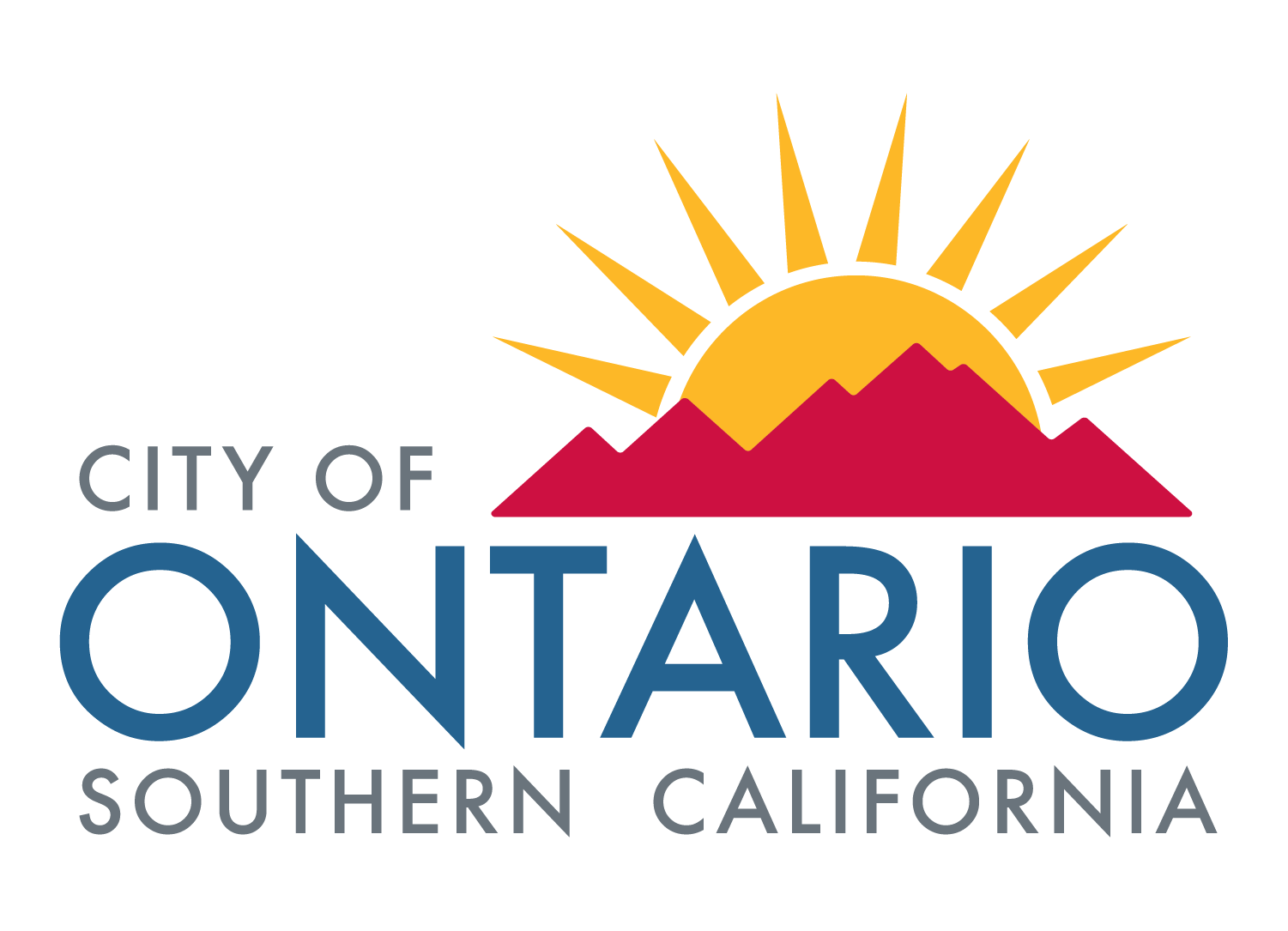(ONTARIO, Calif., February 12, 2019) – Ontario’s plans to establish a smart city corridor in its historic downtown was given a major boost with the awarding of a $418,000 grant through the Southern California Association of Governments’ (SCAG) Future Communities Pilot Program.
The funding, approved last week, will support a series of integrated pilot projects designed to bring smart city applications to the downtown area, including a physical space – a hub – where community members, local companies and government agencies can access technology and data to better address issues and needs in the city and explore new innovation opportunities.
Specific projects being developed and evaluated using a rapid validation approach include the use of technology, sensors and data analytics to study multimodal transportation patterns, create affordable bikeshare docking systems and intelligently collect commercial refuse.
The City and its industry partner, The WESEE Collective, have brought together a team of local companies to implement the plan, which aligns closely with the goals of the Future Communities Pilot Program. Ontario received one of the largest grants under the program, designed to provide cities and counties with the resources needed to reduce emissions-producing vehicle miles traveled (VMT) using new technology and data solutions.
“We’re excited to be selected for this important pilot program and to put into motion our smart city vision for the downtown area,” said Ontario Mayor Paul S. Leon. “Ontario is fast becoming a technology and innovation hub for the region, and this plan opens up a whole new world of opportunities for us. It will provide the community with solutions that enhance a broad spectrum of quality experiences in Ontario, support our re-commitment to downtown and further our commitment to sustainability.”
The hub itself will be located within a city-owned building on historic Euclid Avenue and will bring together innovators, entrepreneurs and community stakeholders to explore ways to leverage the city’s extensive broadband networks and infrastructure under a smart city model. The hub will offer co-working spaces, small business support and other features to help promote and incubate innovative – and scalable – new ideas and solutions. One area of emphasis will be technology development in the commerce and logistics industries.
“The network and other technology investments that the City has been making for years are crucial enablers for our FCPP grant proposal, our ability to deliver meaningful outcomes and our commitment to continuously demonstrate growing the advantages of our expanding broadband network to our community and the region,” said Mayor pro Tem Ruben Valencia.
In addition to broadband access, the location was strategically selected on historic Euclid Avenue instead of in City Hall to reinforce the commitment to dynamically engaging key stakeholders throughout the City. Ontario has launched an extensive re-imagining of its downtown core, and in 2018 received a $35 million Transformative Climate Communities grant from the California Strategic Growth Council to create a modern urban village in and around the Euclid corridor.
“We are proving a way for people with beginning business ideas and established businesses to get the hands on help they need to explore, improve and accelerate their opportunities,” said Council member Debra Dorst-Porada.
Just as important as the site selection are the ways that the team will work together, using a community centric rapid validation model that reduces risk and scales investment based on an integrated systems approach to innovation and an entrepreneurial mindset.
“The traditional ways of addressing some of the issues and opportunities our team will be exploring can be labor intensive and time consuming. This approach will allow us as a community to rapidly explore and implement important new ideas,” said City Council member Jim Bowman.
Kevin Meredith, co-founder at The WESEE Collective, said the team’s ultimate goals are for the City, and its constituents, to demonstrate the most responsible paths for wide-scale adoption and the ability to continuously explore emerging opportunities.
“It is very exciting to partner with the City and our teammates in support of SCAG’s FCPP goals. Our team’s proposal was unconventional, and we appreciate SCAG being open to allowing us to demonstrate how our approach can help communities throughout Southern California,” Meredith said. “The value potential of these projects is enormous when we consider that they can simultaneously scale geographically through local governments and economically through market-based adoption by local industries that have global influence.”

